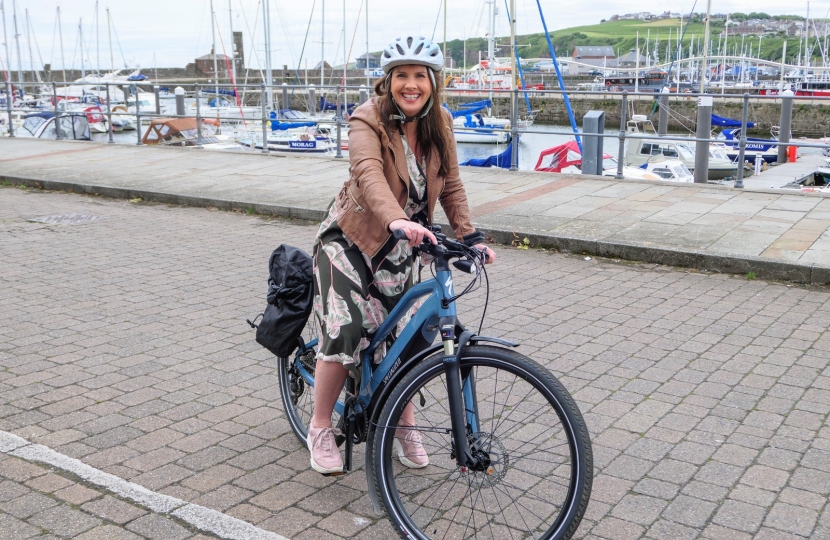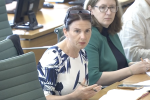
The MP for Copeland has welcomed an announcement that communities in Cumbria will benefit from £1,167,000 to make roads safer for pedestrians and cyclists.
The area has been allocated its share of the £250 million announced earlier this month to fast-track plans for new walking and cycling lanes. This includes £25 million which will fund vouchers for cycle repairs, to encourage people to get their old bikes out of the shed and resume cycling.
Following unprecedented levels of walking and cycling across the country during the pandemic, these plans will help encourage more people to choose alternatives to public transport when they need to travel, making healthier habits easier and helping make sure the road, bus and rail networks are ready to respond to future increases in demand.
An updated Cycling and Walking Investment Strategy will be launched by the Prime Minister in the summer, with further measures to transform cycling and walking to deliver the government’s aims to double cycling and increase walking by 2025.
MP Trudy Harrison said: “There is no better time to encourage people into a more active and environmentally friendly methods of Transport. Our local authority will be able to develop areas of our Country for an easier and safer way to make walking and cycling a more appealing choice”
“The cycle to work scheme has been hugely successful. Enabling the purchase of bikes and equipment with the governments tax exempt loan scheme partnership with our local cycling shops, so It is also a good time to invest in an upgrade or purchase a new bike whilst supporting our local retailers”
Transport Secretary, Grant Shapps said: “During this crisis, millions of people have discovered cycling - whether for exercise or as a means of safe, socially-distanced transport. While there is no change to the ‘stay at home’ message today, when the country does get back to work, we need those people to stay on their bikes and be joined by many more.
“Otherwise, with public transport’s capacity severely restricted at this time, our trains and buses could become overcrowded and our roads gridlocked – holding up emergency services, critical workers and vital supplies.
“We know cars will continue to remain vital for many, but as we look to the future, we must build a better country with greener travel habits, cleaner air and healthier communities.”


